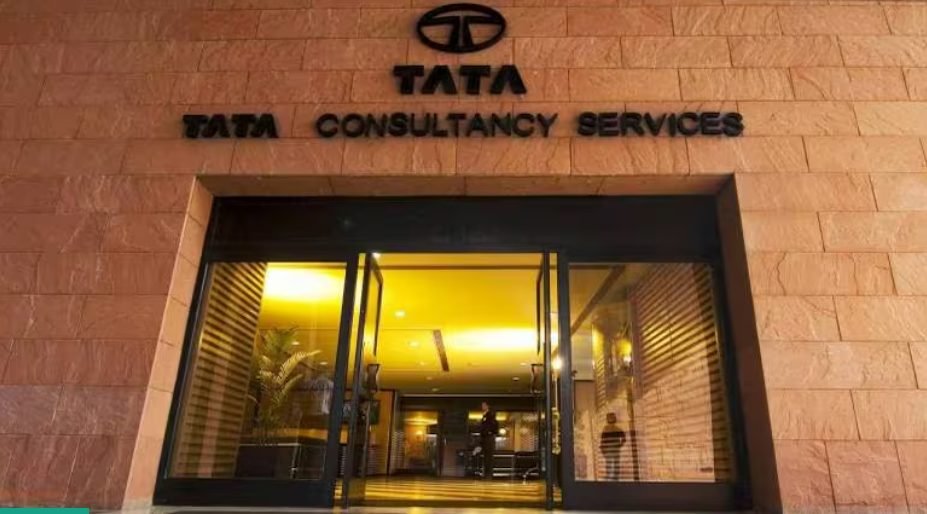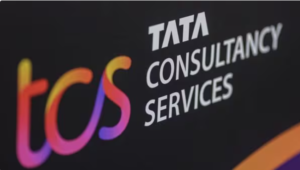TCS Q2 FY25 net profit

TCS Q2 FY25 net profit
Goodbye Consultancy Administrations (TCS), a goliath in the Indian IT administrations area, has as of late detailed an unsettling decrease in net benefit for the second quarter of the financial year 2025 (Q2 FY25). The organization’s net benefit dropped to ₹11,909 crore, missing the mark concerning market assumptions. This article analyzes the variables behind this decay, the ramifications for TCS and its financial backers, and the essential estimates the organization intends to execute to explore these difficulties.
Understanding the Benefit Decline
TCS’s frustrating monetary outcomes can be credited to different variables, including worldwide financial tensions and changing client requests. The continuous international strains and inflationary compels have driven numerous associations to fix their IT financial plans, bringing about more slow dynamic cycles for new activities. Subsequently, TCS has encountered a log jam in income development, which has straightforwardly affected its main concern.
In past quarters, TCS had delighted in powerful development driven by the rising interest in advanced change and IT administrations. In any case, the new monetary outcomes feature a change in client spending needs, as organizations rethink their innovation ventures in the midst of financial vulnerability. This reassessment has brought about delayed projects and decreased IT spending across different areas, especially in optional regions.
Suggestions for Financial backers
The decrease in net benefit has raised worries among financial backers and experts with respect to TCS’s capacity to keep up with its development direction. The market’s response to the profit report has been blended, with certain financial backers communicating disillusionment while others stay hopeful about TCS’s drawn-out potential. The organization’s choice to proclaim a profit of ₹8 per share mirrors its obligation to return worth to investors, in any event, during testing times.
In spite of the transient difficulty, TCS’s solid market position and brand notoriety give an establishment to recuperation. The organization remains one of the biggest and most settled players in the IT administration area, and its different client portfolio mitigates gambles related to reliance on a solitary industry.
Key Drives for Recuperation
In light of the benefits decline, TCS is finding a way proactive ways to reinforce its market position and adjust to changing client needs. One of the essential procedures includes zeroing in on upgrading functional effectiveness. The organization is focused on improving its asset distribution and putting resources into computerization innovations to smooth out processes and decrease costs.
Also, TCS is putting critical accentuation on growing its capacities in arising advances. Regions like man-made reasoning (simulated intelligence), AI, distributed computing, and network protection are key centers, as they are expected to drive future development. By putting resources into these areas, TCS means to adjust its administration contributions to the developing requests of its clients and catch new market valuable open doors.
Market Standpoint
Looking forward, the viewpoint for TCS remains hopeful but still sober-minded. While the ongoing financial environment presents difficulties, the drawn-out interest for IT administrations is normal to bounce back as associations progressively focus on computerized change. TCS’s broad experience and laid-out client connections will be instrumental in exploring the post-pandemic scene.
Experts are likewise confident that TCS will profit from its interests in development and innovation to drive development in the approaching quarters. The organization’s obligation to supportability and corporate social obligation further upgrade its standing, possibly drawing in clients who focus on moral strategic policies.
End
TCS’s decrease in net benefit for Q2 FY25 fills in as a sign of the difficulties faced by organizations in the consistently developing IT scene. Be that as it may, TCS’s proactive way of dealing with upgrading productivity, putting resources into arising innovations, and keeping up major areas of strength for returns shows its versatility and obligation to future development. As TCS adjusts to the changing business sector elements, it stays a vital participant in the IT administration area, ready for recuperation in the long haul.
Source: Hindustan Times
Also Read: Ratan Tata legacy: 7 Ways Ratan Tata’s Legacy Inspires Hope and Challenges in Modern Business








